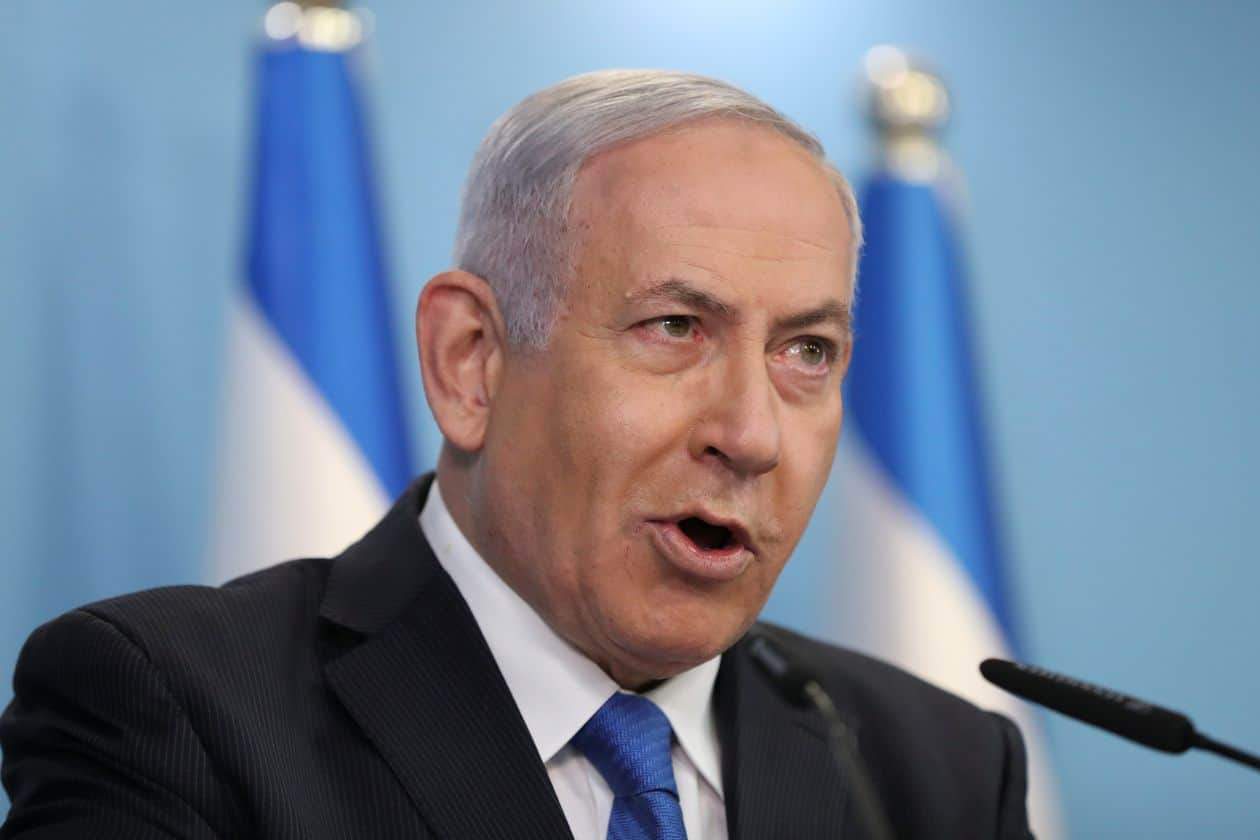Sudan in Talks to Formalize Ties With Israel

Israel and Sudan said Tuesday that they were working on an agreement to formalize relations, in the latest sign of warmer ties between Arab nations and a former enemy.
While Israel already has diplomatic relations with Egypt and Jordan, the U.A.E. last week became the first Gulf Arab state to announce it will forge a formal bond with Israel. Arab states have historically refused formal diplomatic ties with Israel while its conflict with the Palestinians has remained unresolved.
But a variety of factors, from security to commercial, have brought the sides closer in a reorientation of the Middle East. Shared enmity with Iran—and a burgeoning commercial relationship—have underpinned the Israeli and Emirati rapprochement.
Khartoum is hoping ties with U.S. ally Israel could help remove Sudan from Washington’s list of state sponsors of terror, according to officials in neighboring Uganda, which hosted an unannounced meeting of Israel and Sudan’s leaders in February. After that meeting, officials said that they agreed to cooperate to move toward normalization, but the Emirati announcement appeared to bolster the process.
Sudanese officials didn’t immediately respond to a request for comment.
On Tuesday, a Sudanese Foreign Ministry official told Sky News Arabia that his government was “looking forward to concluding a peace agreement with Israel,” suggesting that the former foes were close to announcing formal ties.
“Israel, Sudan and the entire region will benefit from the peace agreement and will be able—together—to build a better future for all peoples of the region,” Israeli Prime Minister Benjamin Netanyahu said in a statement on Tuesday. “We will do whatever is necessary to turn vision into reality.”
Israeli officials have predicted a deal with Sudan could come by the end of the year. It could include overflight rights for commercial planes from Israel and deeper commercial ties.
The deal would be a setback for the Palestinians, who have counted on Arab nations to pressure Israel to make concessions in exchange for normalization. If more countries forge ahead without them it will weaken the Palestinian position.
If Sudan normalizes ties with Israel, it would be the fourth Arab country to do so, following Egypt in 1979, Jordan in 1994, and the U.A.E.’s announcement last week.
U.S. and Israeli officials have said that they expect the U.A.E.-Israel deal will be followed by several others in the coming weeks and months, including Bahrain, Morocco and Oman. Israel, with the Trump administration’s encouragement and support, has sought closer relationships with formerly hostile Muslim and Arab nations who share its concerns about Iran or seek economic benefits from warmer ties.
A peace deal with Sudan would highlight Israel’s changing standing in the Middle East. Sudan hosted the Arab League summit after the 1967 Arab-Israeli war in which eight Arab nations approved what became known as the “three no’s”: no peace with Israel, no recognition of Israel and no negotiations.
Sudan is seeking respite from U.S. sanctions, which have hobbled the country’s economy since it was designated as a state sponsor of terrorism in 1993 for harboring al Qaeda’s then leader, Osama bin Laden, as well supporting Hamas, Hezbollah and Palestinian Islamic Jihad. The sanctions were tightened by the Clinton administration in 1998 after the bombings of the U.S. embassies in Kenya and Tanzania.
Sudan is looking to end its isolation and rebuild its economy after months of protests last year ousted the country’s longtime dictator, President Omar al-Bashir.
Photo: Israeli Prime Minister Benjamin Netanyahu says the entire region would benefit from an agreement between Israel and Sudan. - PHOTO: ABIR SULTAN/PRESS POOL




